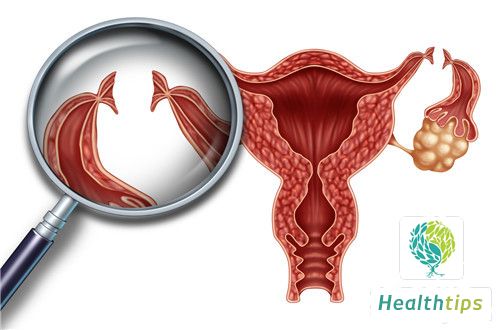Why Are Some Applicants Disqualified in Military Urine Tests?
Urine tests are a common routine examination item, and they are usually performed during routine physical examinations at hospitals. Additionally, young individuals who wish to enlist in the military are also required to undergo urine tests during recruitment. If the urine test fails, it may be related to certain inflammations or even unhealthy habits, as urine tests can detect prohibited substances, including drug use. Let's explore the reasons for failing urine tests during military recruitment.

Reasons for Failing Urine Tests During Military Recruitment
There are various reasons for failing the urine test during military recruitment, including the presence of occult blood, proteinuria, hyperglycemia, and high levels of white blood cells in urine samples. These abnormalities can also lead to symptoms such as frequent urination, urgency, and difficult urination.
Diseases Detectable Through Urine Tests
-
Chronic Nephritis: Abnormal urine is the first indication of kidney disease. Chronic nephritis is not an independent disease but is generally related to antigen-antibody reactions. In urine tests, protein and occult blood may be present.
-
Kidney Stones: Kidney stones have a high incidence rate, especially among young adults. Patients may experience varying degrees of pain and discomfort in the waist, which may intensify during physical activity. Sometimes, the pain can be severe and knife-like. In urine tests, occult blood may be present.
-
Acute Cystitis: Acute cystitis is a common urinary system infection that manifests acutely with symptoms such as frequent urination, urgency, painful urination, and fever. In urine tests, white blood cells and occult blood may be present.
-
Hepatitis B-Related Nephritis: Hepatitis B virus can cause immune complex reactions that damage the glomeruli. Sometimes, the virus can directly affect the kidneys, leading to glomerulonephritis. In urine tests, protein and occult blood may be present.
-
Upper Urinary Tract Stones: These stones mainly occur in young adult males and include stones in the ureters and kidneys. The main symptoms are colic pain and hematuria. If not treated effectively, they can lead to severe complications such as obstruction or infection. In such cases, active treatment is necessary to minimize kidney damage. In urine tests, occult blood and white blood cells may be present.



















